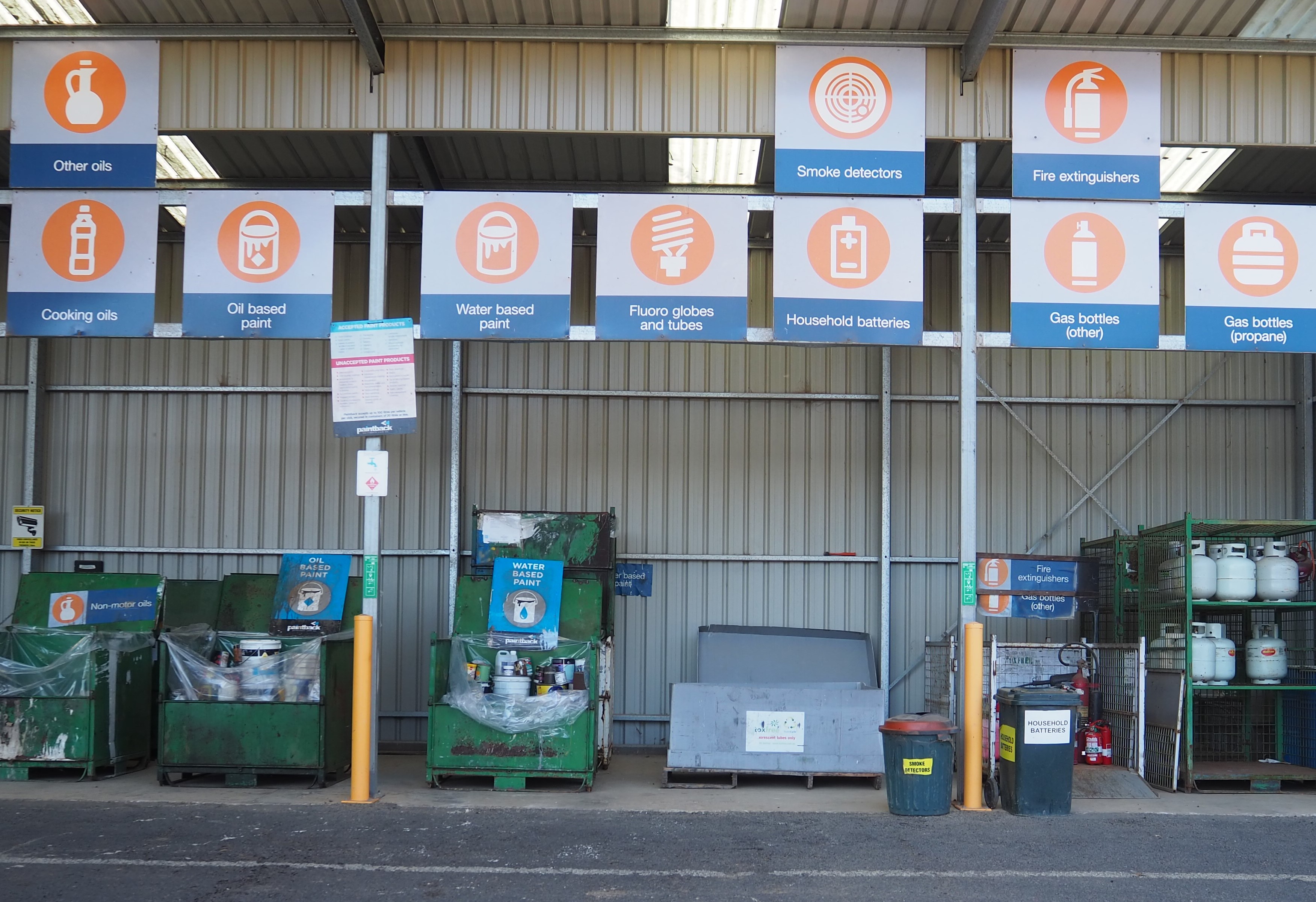The NSW Government is continuing to build its regional medical workforce with applications now open for the next round of the NSW Rural Generalist Single Employer Pathway (RGSEP).
RGSEP trains and employs doctors where they are needed most and helps them establish a career as a Rural Generalist. Trainees on the pathway are employed for up to four years by a regional Local Health District (LHD), while completing training in both the primary care (GP) and hospital settings.
In its first year, the innovative program has employed 21 Rural Generalist trainees who are working across hospital emergency departments and wards, and general practices in seven regional LHDs.
The trainees will soon be joined by a new cohort of colleagues, set to begin in the 2025 clinical year, who are committed to continuing their careers in regional medicine.
Rural Generalists provide primary care services while also working in hospitals. They have qualifications in an advanced skill area such as anaesthetics, emergency medicine, obstetrics, palliative care, mental health, and paediatrics.
As NSW Health employees, RGSEP trainees receive the same pay and conditions as their hospital-trained counterparts. Trainees also retain, and continue to accrue, award entitlements such as sick leave, study, annual, parental and long-service leave.
Positions for the 2025 clinical year are available at Far West, Western, Southern, Northern, Murrumbidgee, Illawarra Shoalhaven, Hunter New England, and Mid North Coast LHDs.
Applications for the Rural Generalist Single Employer Pathway opened today and will close on 6 August 2024.
Quotes attributable to Minister for Regional Health Ryan Park
“Rural Generalists are essential to our regional communities, broadening the range of locally available medical services and allowing our patients to access care as close to home as possible.
“These doctors have chosen one of the most exciting and rewarding specialities – rural medicine. By choosing to become a rural generalist they have made a passionate commitment to regional patients and their communities.
“This year we have a cohort of 21 dedicated doctors who are continuing their career in rural medicine on the pathway, and we’re excited to see more join us in 2025.
“NSW Health is supporting these doctors through their training and it is great to see them setting down roots in our regional communities and experiencing first hand how rewarding a career in rural medicine can be.
“This is an important investment we’re making to improve the access, quality and sustainability of health care in our rural and remote communities, through a dedicated medical workforce.”








